In another public display of anger, Lebanese protesters block roads amid economic woes
In Lebanon, with the currency tumbled to record lows on the black market, people have taken to the streets and blocked major roads in a public display of anger about the persisting political paralysis.
Since early morning on Monday, black columns of smoke could be seen rising from overturned rubbish dumpsters and tires torched by the crowd at various entrances to the capital Beirut.
“We've closed off all the roads today to tell everyone: It's over, we have nothing left to lose. We've even lost our dignity,” said one protester.
Similar protests were held in the northern port city of Tripoli, the second-largest city.
Lebanon is experiencing its worst economic crisis in decades, compounded by the COVID-19 pandemic.
Prices are skyrocketing and more than half of the population is now living below the poverty line.
For more than six months now, the divided political elite has failed to form a cabinet.
The Lebanese pound or lira has lost more than 80 percent of its value since the fall of 2019, plunging to a record low of almost 11,000 pounds to 1 US dollar.
In a country where most of the food is imported, state subsidies have so far helped to partially curb inflation. However, with foreign currency reserves quickly melting, the authorities have warned they will not be able to keep them up much longer.
The economy has been in a free-fall state since former Prime Minister Saad Hariri announced his own resignation and that of his cabinet’s in October 2019.
Ever since, internal divisions and external pressure by some Western countries, including France – Lebanon’s former colonizer, over the formation of any new government have prevented the emergence of a formal cabinet that could enter negotiations for economic assistance with the International Monetary Fund (IMF).
Amid the already incendiary circumstances, the capital was shaken with a colossal explosion last year that had reportedly resulted from dangerous stockpiling of some 750 tons of ammonium nitrate, flattening the Beirut port and ravaging swathes of the capital.
More than 200 people lost their lives in the tragedy that was followed by massive demonstrations against official-level mismanagement, forcing the government to step down. The damages from the disaster have been calculated at more than $10 billion. Since the eye-splitting blast, Lebanon has been without a fully functioning government.
President calls on security apparatus to prevent roadblocks
Separately on Monday, President Michel Aoun, in a statement, asked the security and army authorities not to allow roadblocks, for the safety of citizens and the protesters.
The statement came shortly after the conclusion of a high-level meeting led by the president and attended by caretaker Prime Minister Hassan Diab as well as cabinet ministers and security and financial officials.
According to the statement, the security forces have been ordered to crack down on anyone “violating the monetary and credit” law, including foreign exchange bureaus.
Around 20 govts. warn Israel secretly annexing West Bank
Iran pursuing broader cooperation with African nations: Pezeshkian
Israeli minister threatens to seize entire Gaza if Hamas refuses to disarm
VIDEO | Gaza teacher starts ‘Little Wings’ initiative to bring joy to kids
Spanish FM urges firmer EU stance on Gaza crisis, West Bank settlement expansion
Israel ‘serious obstacle’ to nuke-free West Asia: Iranian diplomat
High-profile Israeli-American brothers on trial for sex trafficking and assault
Settlers served lavish lunch in Israeli prison holding fasting Palestinians


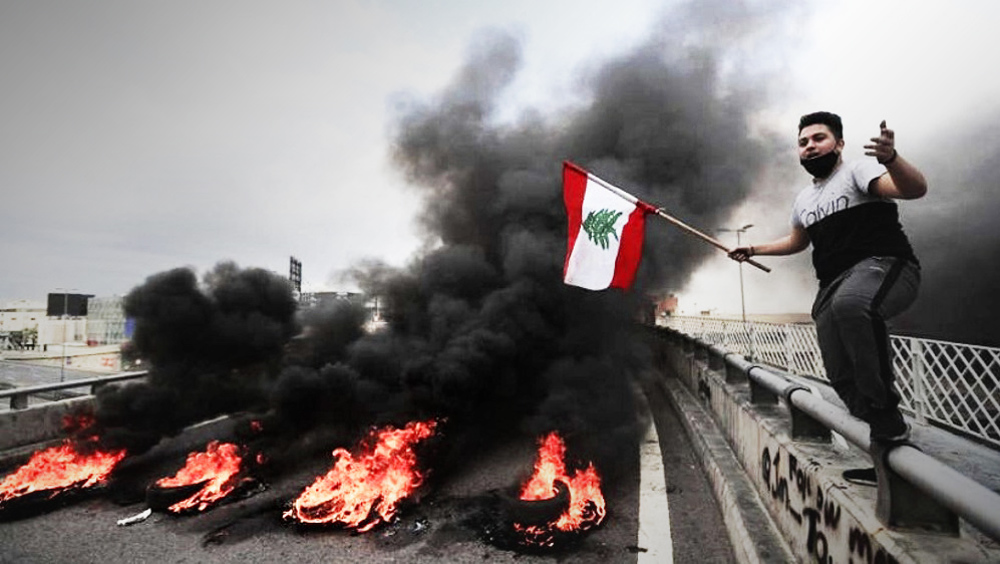

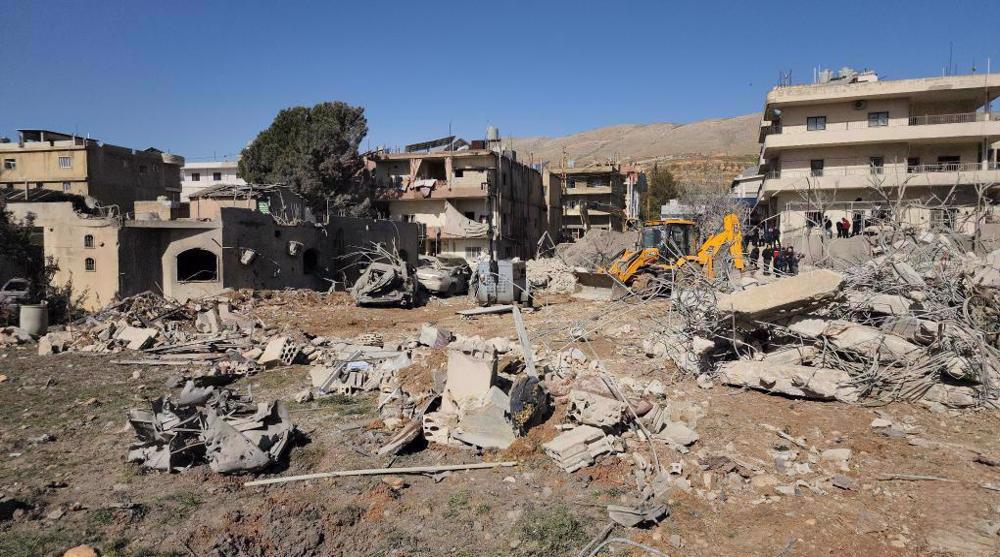
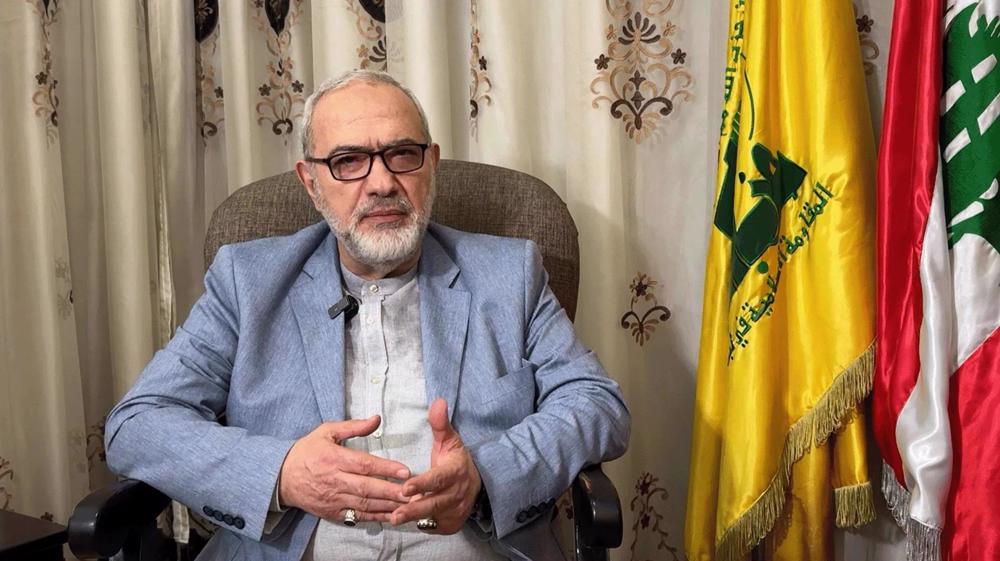
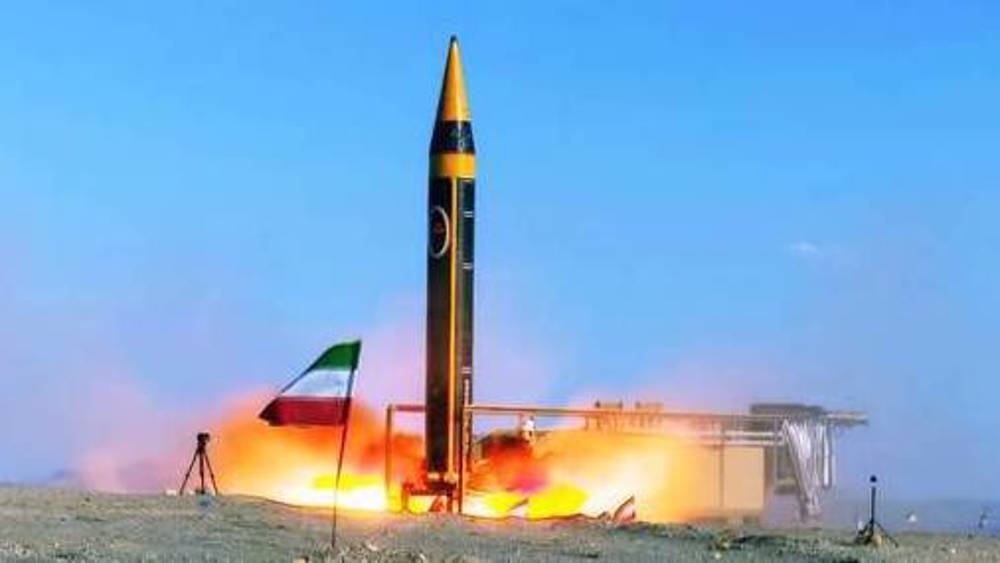



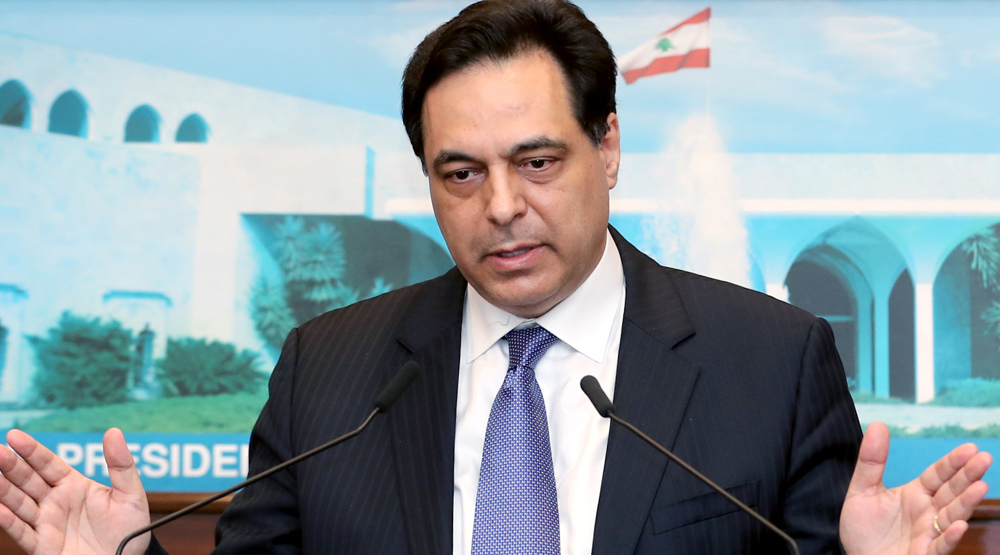

 This makes it easy to access the Press TV website
This makes it easy to access the Press TV website